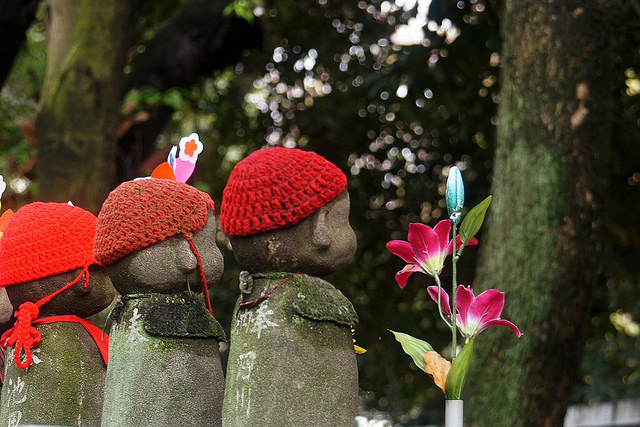Abortion talk has been reignited lately on the internet, television, and social media for weeks now.
It is a hot topic fueled with deep beliefs and heated emotions, no matter which end of the spectrum you are on.
I am here to speak as an advocate for my patients and in an effort for us as human beings to come together with the sort of compassion families need from society.
It is time to put our beliefs aside—not to disregard them, but to take down our defensive walls and really and truly practice empathy.
What I have learned in 18 years of nursing is that we really do not know what we would do in any given situation unless we are knee-deep in the thick of it. It is not for us to judge others for their choices.
As a nurse who deals with pregnancy loss, I have seen most every aspect—miscarriage, stillbirth, newborn death and, yes, second-trimester pregnancy termination. So let’s talk about abortion as human beings, not politicians.
I want to speak on behalf of countless patients who have made the toughest decision of their lives, something they never dreamed they would be faced with: terminating a very wanted pregnancy because of a life-limiting diagnosis, formerly known as “incompatible with life.” The majority of second-trimester terminations will fall into this category. I realize abortions are done for various reasons, but I am choosing to focus on these because these are the families I have journeyed with.
From the moment they get a positive pregnancy test, many families starts making plans for the future of their baby. Parents are usually ecstatic about their pregnancy. They start sharing it with friends and family, maybe after they feel they are safe and have hit the 12 week point. Not only is this news shared face to face, it is also shared across social media. They pick out names, buy clothes and paint nurseries. Then comes the big gender reveal (if they’re not choosing to have a surprise) and there’s more cause for celebration.
Then comes one of the events many parents look forward to the most: the 20 week ultrasound. They get to see their baby alive and kicking, to count their fingers and toes. But what happens when moments of elation turn into fear? They find out that something is wrong with this baby who they have grown to love so much. They learn that their baby has a life-limiting diagnosis. What this means is that their baby has little chance of survival outside the womb—they may die in utero or shortly after birth.
Now they are faced with a decision to terminate the pregnancy or carry the baby to term. With either option, they must say hello and goodbye to a baby who is deeply loved and wanted. Parents are bombarded with so much information at this point and their brains can hardly process their newly shattered world.
If a mom chooses to terminate her pregnancy, it must most likely be done before the 24th week, but states do vary. What I want to make clear is the baby is not “ripped out” of the womb, and if the health of the mother is in questions and she is in her third trimester, the baby will be delivered and taken to the NICU.
The majority of the time, a mom comes in for an induction of labor. Her body will experience labor just as someone who is full term. So along with the deep emotional pain she and her partner have to bear, there is physical pain. After enduring many hours of labor, their baby will be born into a room full of love. The baby, who may or may not have survived the delivery, is typically placed onto mom’s chest.
If the baby is alive this gives the family precious bonding time together and allows the baby to die peacefully in mom and dad’s arms. Comfort care is given to the baby. At some point in the process we weigh the baby, measure him or her, and take footprints in an effort to create as many memories as possible for these families. Parents can give the baby a bath, dress the baby, and have a blessing or a baptism. This is the only time they have to parent their baby. Photographs are also taken throughout this time to be cherished forever.
Nurses and physicians who have special training in perinatal loss offer support. Families are encouraged to spend as much time as they want holding and loving their baby. After mom is discharged, the baby goes to a funeral home for burial or cremation and the family is left to deal with this unimaginable grief—typically alone and in silence. The families also receive follow up care after discharge.
The heart wrenching emotions that come along with decisions like these are hard for most of us to even imagine. These babies are wanted and loved beyond measure. I write this not to change your mind or compromise your beliefs, but to support all of the courageous bereaved moms out there suffering from all the abortion talk swirling around the election.
Families who have faced the unimaginable need our support and love, not our blame or shame. If only we could meet everyone with compassion and empathy, without judgment, the world would be a much better place.
So to all the bereaved moms, dads, siblings and families—whether you have had a miscarriage, abortion, termination, stillbirth, or newborn death—you are not alone and you are loved.
~
Author: Jill Kottmeier
Image: Tatters/ Flickr
Editor: Khara-Jade Warren







Read 0 comments and reply